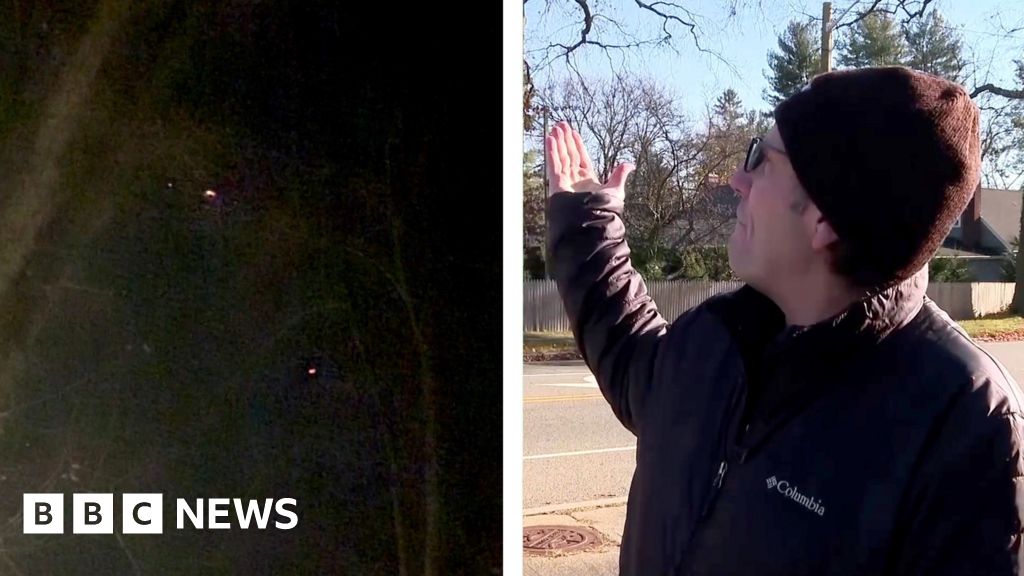ARTICLE AD BOX
Image source, Getty Images
Canada's Supreme Court has ruled that municipalities are not immune from negligence or liability claims stemming from snow removal.
The case was brought by a woman who injured her leg climbing a snowbank in Nelson, British Columbia, in 2015.
Taryn Joy Marchi's $1m (£590,000, $810,000) lawsuit will now get a new trial.
Thursday's ruling by Canada's top court could trigger an avalanche of slip-and-fall lawsuits across the country.
Cities are not liable for policy decisions, but the court found the act of snow removal was operational.
The case has garnered widespread attention, with the City of Toronto and the City of Abbotsford acting as interveners in the case, along with attorneys general from the provinces of Alberta, British Columbia and Ontario.
Canadian cities already spend hundreds of millions on snow removal each year.
Ms Marchi tried to sue the city of Nelson after she injured her leg while trying to climb a snowbank to reach the pavement after parking her car.
The city had cleared several parking spaces, piling the snow along the curb to the pavement, without clearing a walking path.
The first judge to hear Ms Marchi's case said she had been the "author of her own misfortune" and had assumed the risks when she climbed over the snowbank. The lower court found snow removal to be a core policy of the city, and thus immune to litigation.
But the Supreme Court found that decision too broad - while the decision to provide snow removal may be considered a general municipal policy, the court ruled the city's choice of what to plough, and what not to plough, was not.
"By ploughing the parking spaces on Baker Street, the City invited members of the public to use them to access businesses along the street," the ruling states.
"The plaintiff was attempting to do just that when she fell into a snowbank that had been created by the City during snow removal."

 3 years ago
55
3 years ago
55








 English (US) ·
English (US) ·